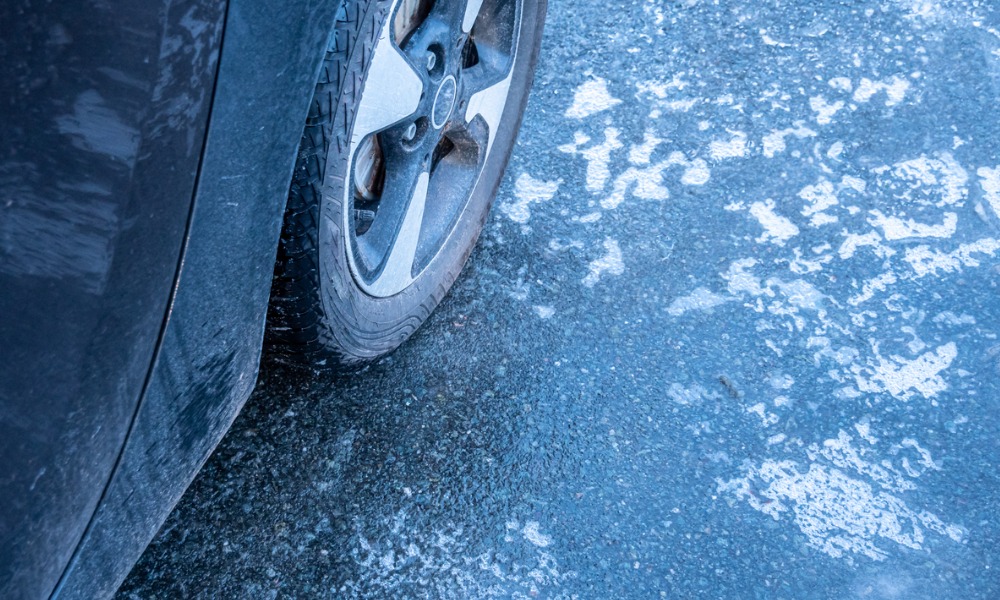
The plaintiff fell and sustained injuries while walking toward her car in a parking lot

In a recent ruling, the Ontario Superior Court of Justice ruled that a slip-and-fall incident on black ice constituted an "accident" under the Statutory Accident Benefits Schedule (SABS).
In Davis v. Aviva General Insurance Co., 2024 ONSC 3054, Carrie-Anne Davis slipped on black ice while walking toward her car in a parking lot. She fell and sustained multiple injuries, including a serious injury to her left shoulder that required surgery. Davis applied for accident benefits from her insurer, Aviva General Insurance Company, which accepted her claim and paid some benefits but denied others.
Davis disputed the denied benefits by applying to the LAT. Before the substantive issues could be heard, Aviva raised a preliminary issue, challenging whether Davis's fall qualified as an "accident" under s. 3(1) of the SABS. An adjudicator of the LAT ruled that Davis's fall did not meet the definition of an accident under the SABS, leading to the dismissal of her claim. Davis's request for reconsideration was also denied.
Davis appealed the LAT's decisions, raising two key legal questions: whether procedural fairness was followed when Aviva was allowed to raise the preliminary issue after three years of accepting the claim and whether the LAT correctly interpreted the term "accident" under the SABS.
The Superior Court found that the LAT's interpretation of "accident" was legally flawed. The court held that Davis's fall, which occurred while using her key fob to unlock her car, was directly related to using her vehicle. The court noted that the presence of black ice was not an intervening event that broke the chain of causation. The court referenced similar cases where claimants' injuries were deemed accidents under the SABS despite the presence of ice.
The court ruled that the LAT had erred in applying the causation test and the definition of "accident." The court emphasized that the SABS should be interpreted generously to protect consumers and reduce economic hardship for accident victims.
The court also found that procedural fairness was compromised when the LAT allowed Aviva to raise the preliminary issue late after significant delays.
Ultimately, the court set aside the LAT's decisions and reinstated Davis's application for accident benefits. The case was remitted back to the LAT to determine the substantive issues, and the remaining time for Davis to claim benefits was restored. Aviva was ordered to pay Davis's legal costs for the appeal, amounting to $17,500.